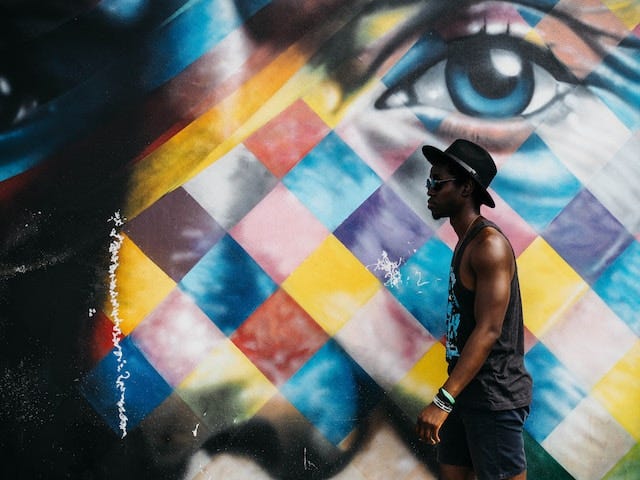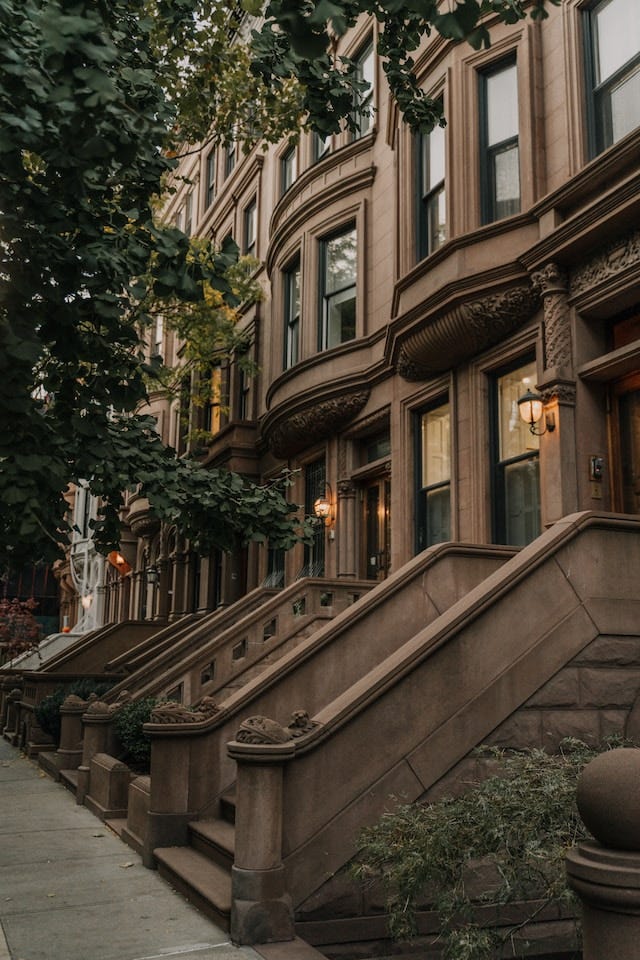New York has a firm eye on and new set of rules for Airbnb hosts
What sparked safety concerns that may have led to an increased Prohibited Buildings list?

Writer’s update August 7, 2024: Less than a year into New York City’s policy, known as Local Law 18 (LL18), someone can rent out their home under the following terms:
Less than 30 days only if their unit is in an approved building
Maximum of two guests at a time
Host must stay in the home with their guests
Apply for approval from the Office of Special Enforcement under the Mayor's Office of Criminal Justice
Business Insider reports that the city opened its application portal in March 2023. As of June 24, it received 6,395 total applications for short-term rentals, according to OSE. The city then approved 2,276 of these, denied 1,746 and asked 2,269 applicants to submit additional information. As of now, the city hasn't fined hosts who have violated LL18. Click here to read more.
ADVERTISEMENT ~ Amazon
As an Amazon affiliate, I earn a percentage from purchases with my referral links. I know some consumers are choosing to boycott Amazon for its DEI removal. However, after thinking about this thoroughly, I choose to continue promoting intriguing products from small businesses, women-owned businesses and (specifically) Black-owned businesses who still feature their items on Amazon. All five of my Substack publications now include a MINIMUM of one product sold by a Black-owned business. (I have visited the seller’s official site, not just the Amazon Black-owned logo, to verify this.) If you still choose to boycott, I 100% respect that decision.

ORIGINAL POST
Although the average rental rate is $3,700 in New York and a three-day hotel stay can cost an average of $524, the East Coast state is still cracking down on hosts (and guests) trying to find more economical ways to visit or live there. On January 9, 2022, NYC adopted Local Law 18, commonly known as the Short-Term Rental Registration Law. And as of Tues., Sept. 5, the state is making sure that those who ignored the new law implemented last year will definitely take note this time around.
Under the new law, short-term rental hosts are required to register their homes with the Mayor's Office of Special Enforcement (OSE). Booking platforms (ex. Airbnb, VRBO, Booking.com) are prohibited from allowing transactions for unregistered short-term rentals. Before registering their short-term rentals, Airbnb hosts in New York must also make sure that their homes are not on the Prohibited Building List.
Recommended Read: “5 tenants who landlords should hold off on evicting ~ Mortgage companies want their money, too”
ADVERTISEMENT ~ Amazon
As an Amazon Affiliate, I earn a percentage for each purchase with my referral links.
Assuming the unit (or home) is not on the prohibited list, it can be registered. However, there are additional rules that New York hosts (and guests) are expected to follow. This includes the following:
Listings cannot be for a non-hosted stay (meaning an empty home or unit) or an entire unit. (The host must be at home during the guests’ stay.)
Listings cannot allow more than two guests. (This may significantly affect family visits.)
Listings must be legally approved for residential use.
Listings for basements or cellars cannot be included if not legally approved for sleeping, meaning the space is covered by a certificate of occupancy, Letter of No Objection or other occupancy documents.
Landlords with multi-units must only list the single-family home they reside in, not another unit in the same building. That unit must be displayed on the documents that are submitted as proof of permanent occupancy. (If the mailing address and service address are different, OSE considers only the mailing address.)
Hosts (whether owners or tenants) cannot rent out an entire apartment or home to visitors for fewer than 30 days, even if the host owns or lives in the building. This applies to all permanent residential buildings, regardless of the number of units.
Recommended Read: “Can PeerSpace rival Airbnb for side income? ~ Landlords can make use of empty space when tenants are scarce”





